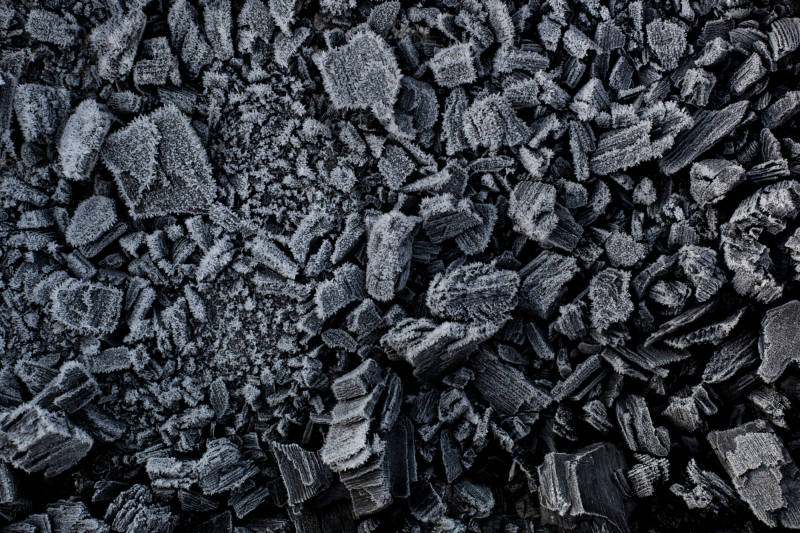Alleging "an unconstitutional abuse of power," a developer who holds rights to build a new bulk shipping terminal near the Bay Bridge is suing the city of Oakland over its ban on coal shipments through the planned facility.
Developer Phil Tagami has been embroiled in a bitter dispute with Mayor Libby Schaaf and other city officials over whether coal and other fossil fuel products will be shipped through the Oakland Bulk and Oversized Terminal.
The city granted development rights for the project at the former Oakland Army Base to Tagami, best known for the redevelopment of the landmark Rotunda Building and nearby Fox Theatre in downtown Oakland.
Tagami initially promised that the facility would not be used for coal shipments. But last year, he and development partners declared that the $500 million project would not be financially viable unless it could handle bulk cargo like coal and petroleum coke.
Local criticism of the project grew when it came to light that the developers had courted, and eventually won, an investment from four coal-producing counties in Utah. After the Oakland City Council voted in June to ban coal shipments through the bulk terminal, the four Utah counties dropped their plan to contribute $53 million to the project.
